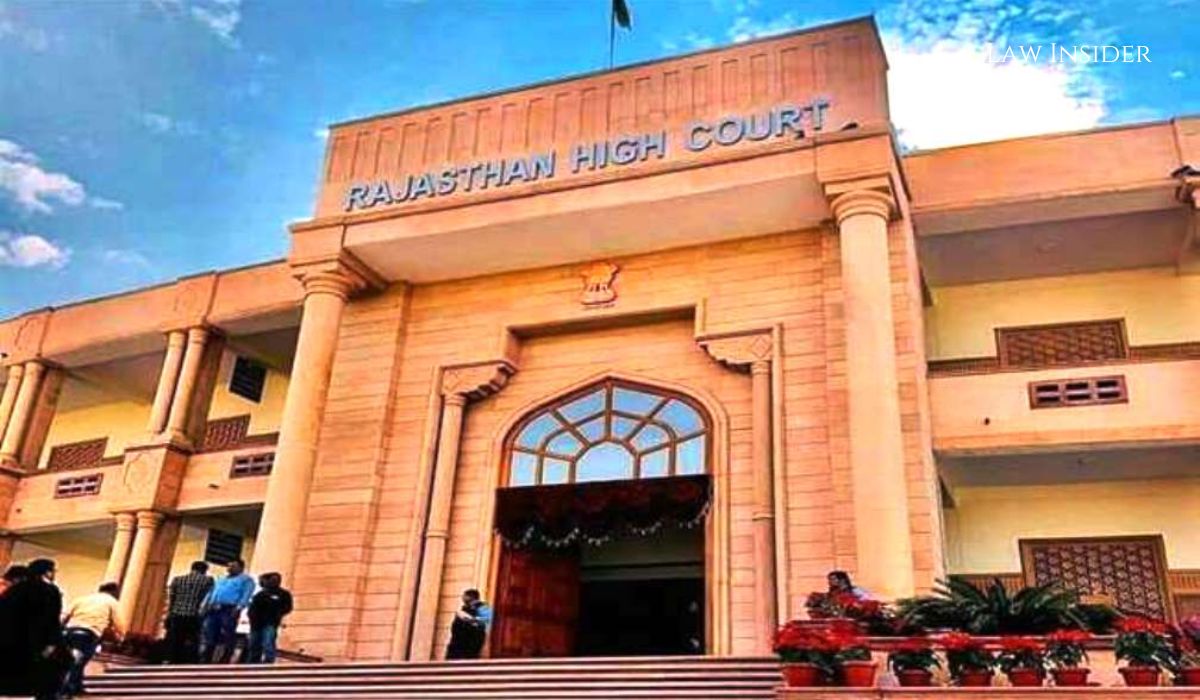LI Network
Published on: January 25, 2024 at 17:00 IST
The Rajasthan High Court, through Justice Anoop Kumar Dhand, has reiterated the obligation of Courts to rectify decrees obtained through the concealment of material facts.
The Court emphasized that litigants cannot secure favorable judgments by presenting incorrect or false information, and if such fraudulent practices come to light, the court must correct the mistakes.
Justice Dhand, presiding over a single-judge bench, highlighted the principle that fraud undermines the entire legal process, and corrective action must be taken upon discovering concealed facts.
The Court, sitting in Jaipur, also affirmed that if respondents claim to be the grandchildren of a co-sharer of land, the trial court must assess the truthfulness of such assertions.
The Court referred to the legal maxim “Actus Legis Nemeniest Damnosus,” which translates to ‘an act of law shall prejudice no man.’ It stressed the need to ensure that tainted hands do not influence the pure fountain of justice, and any assertion of false information to obtain a favorable judgment amounts to playing fraud with the court.
Furthermore, the Court invoked the Supreme Court decision in Dalip Singh v. State of Uttar Pradesh & Ors, (2010), criticizing litigants who show no respect for the truth. It highlighted that any judgment obtained through misrepresentation or suppression of material facts can be challenged through an application seeking leave to appeal.
The case involved the petitioners securing a favorable decree from the Assistant Collector in 2005. The respondents, not part of the original suit, filed a similar suit later, claiming to be grandchildren of a co-sharer. The court noted that any decree passed based on incorrect facts can be challenged through an appeal under Section 96 CPC.
The respondents, in this case, filed an appeal against the decree and sought the condonation of delay. The Revenue Appellate Authority admitted the appeal and allowed the delay condonation application. The court rejected the petitioners’ contention that the respondents had not challenged the restoration of their dismissed suit.
In conclusion, the Rajasthan High Court upheld the duty of the courts to rectify decrees obtained through the concealment of material facts and affirmed the right of an aggrieved party to challenge such judgments through the proper legal channels.
Case Title: Ajeet Singh & Ors. v. Smt. Kailash Kanwar & Ors and connected matters

